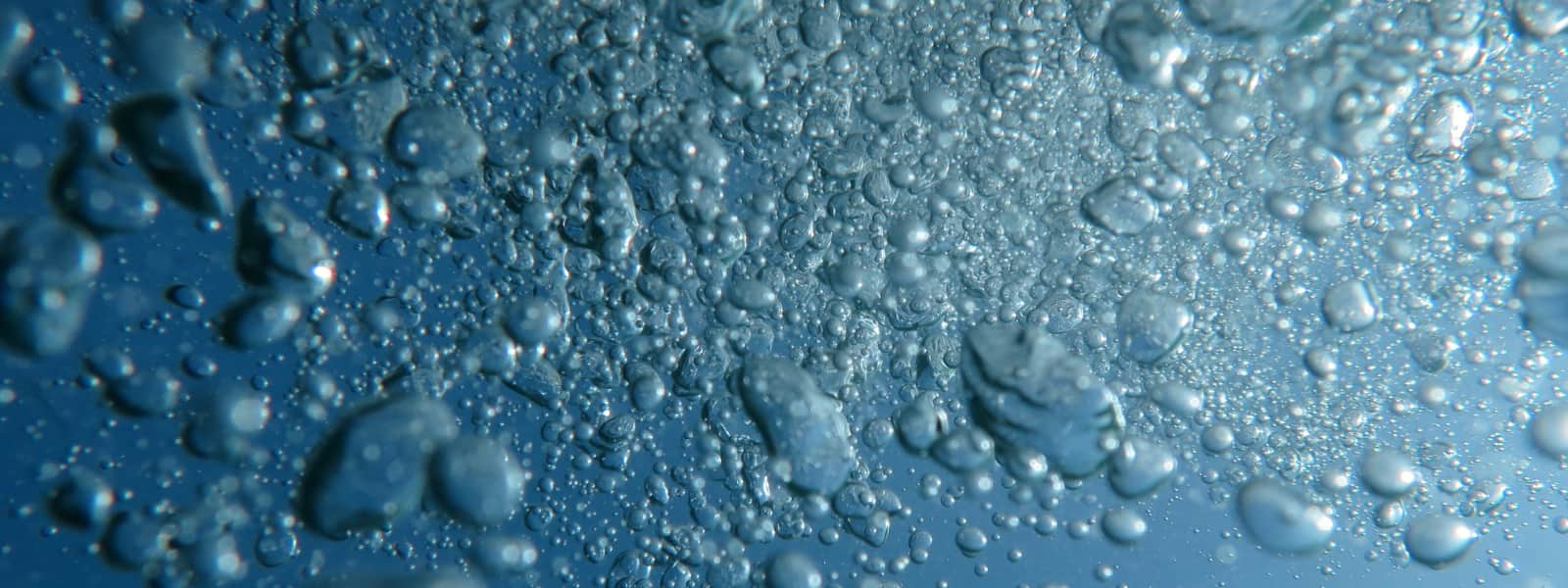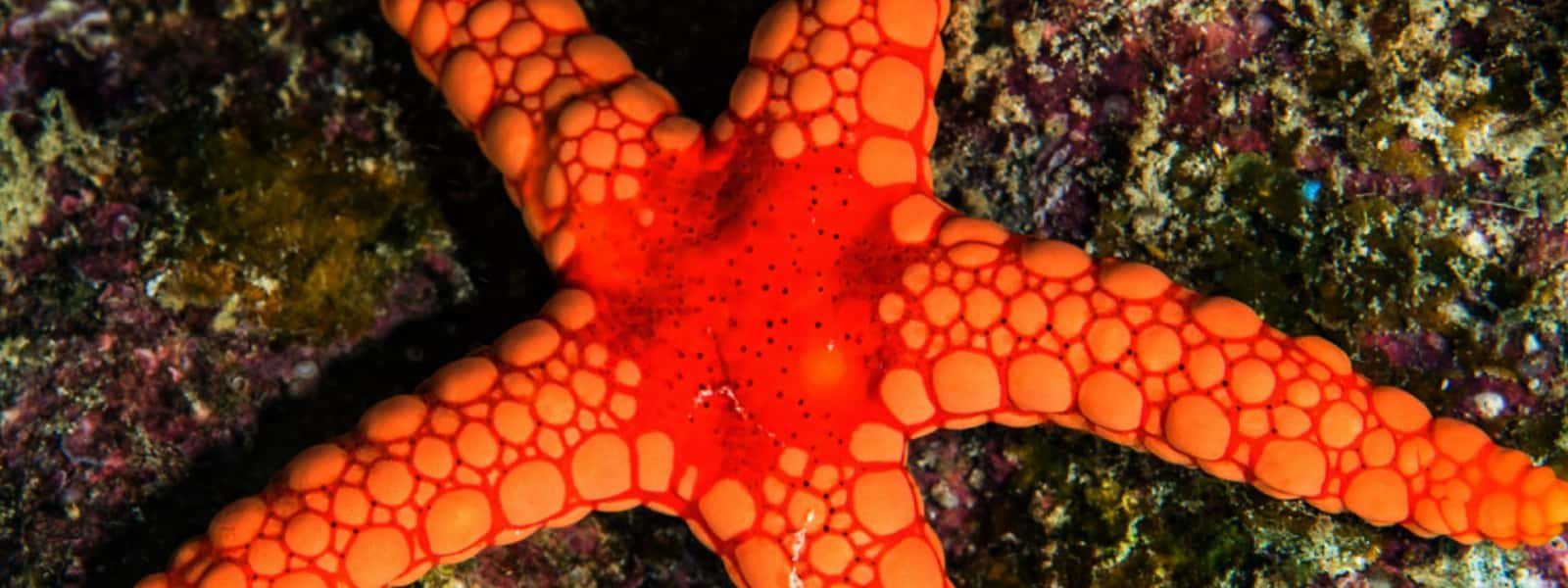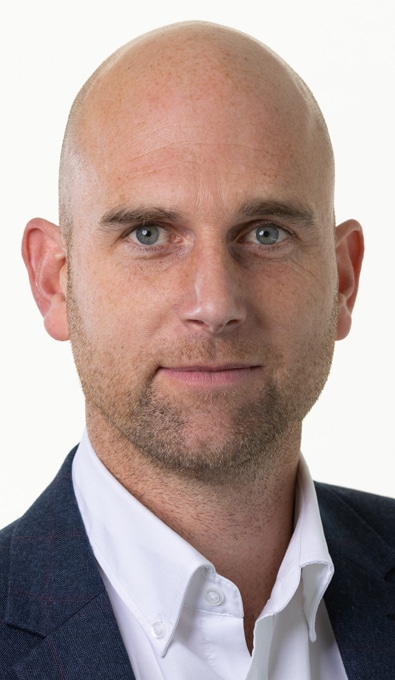Marine Carbon Dioxide Removal – mCDR
Ensuring safe and sustainable carbon removal


PML Applications offers several services relating to Marine Carbon Dioxide Removal (mCDR/oCDR). These include environmental impact assessments for carbon removal methods, evaluating and validating the effectiveness of carbon removal technologies, and biogeochemical modelling to provide data on carbon cycling and removal. Find out more below or contact Sam Fawcett to discuss your project.
PML Applications’ mCDR Services
We drive innovation in the research, development, measurement, testing, and validation of carbon removal technologies. Our comprehensive services are tailored to your needs, including:
-
- Validating Carbon Removal Technologies: Our team rigorously evaluates and validates cutting-edge carbon removal methods to test their effectiveness.
- Biogeochemical Modelling: Our specialists employ biogeochemical models to offer valuable insights into carbon cycling and removal. Biogeochemical modelling simulates the carbon journey through the marine ecosystem.
- Assessing Environmental Impact: Our experts conduct thorough assessments of the environmental impact associated with carbon removal technologies.
- Carbonate Chemistry Analysis: We conduct precise carbonate chemistry analysis and modelling to predict and validate carbon removal technologies.
To pave the way to a sustainable future and tackle climate change head-on, we recognise the need to drastically reduce greenhouse gas (GHG) emissions. Numerous sectors and industries must undergo transformative changes to significantly reduce carbon dioxide (CO2) emissions. At PML Applications, we’re committed to contributing to a net-zero future, as explicitly outlined in the UNFCCC Paris Agreement.
While emissions reduction remains paramount for a sustainable future, we also understand the pivotal role of Marine Carbon Dioxide Removal (mCDR) to manage the current levels of carbon dioxide in the atmosphere. The ocean acts as a carbon sink by absorbing about 25% of carbon emissions. mCDR aims to leverage the ocean’s vast potential to employ cutting-edge technologies for carbon dioxide removal and storage. mCDR involves extracting CO2 from the ocean and securely storing it for the long term in geological, terrestrial, or oceanic reservoirs.
PML Applications has co-developed a comprehensive framework to monitor environmental impact; it is important not to create a secondary problem in the process of solving the original problem. By carefully assessing and managing potential impacts, we can advance mCDR technologies responsibly whilst maintaining healthy ocean ecosystems.
PML Applications is actively working alongside multiple companies that possess novel mCDR technologies. The aim is to validate mCDR technologies in a laboratory setting before conducting field trials and then scale up the design. PML Applications can support testing at each stage to provide tangible evidence of effectiveness as well as assessing any associated environmental impact.
Types of PML Applications and PML (Plymouth Marine Laboratory) mCDR Projects
Our suite of mCDR initiatives to date encompasses:
- Ocean Alkalinity Enhancement (OAE): Verify the geochemical processes that capture carbon by introducing alkaline materials, such as brucite, silicate, or carbonate rocks, into the ocean. This enhances the natural carbon absorption capacity of our oceans.
- Direct Ocean Carbon Capture and Storage: Testing the efficacy and environmental impact of direct ocean carbon capture methods. By using electrodialysis on collected seawater, an electrical current separates the seawater into acidic and alkaline portions. When the acidic side releases CO2 gas, it can be removed, purified and stored. The CO2 depleted water is then released back into the ocean.
- Ocean Fertilisation & Biological Carbon Removal: Verify the enhancement of nutrient-poor surface waters by introducing vital nutrients like iron, phosphorus, and nitrogen. This process stimulates photosynthesis, allowing for the capture of excess CO2 within phytoplankton or macroalgae biomass.
Contact Us
PML Applications currently specialises in OAE but has the access and facilities to accommodate a range of mCDR projects. Join us at PML Applications, where we blend cutting-edge science with a commitment to environmental stewardship. Together, we can work towards creating a greener and more sustainable future. Contact us today to explore how our expertise can drive your climate action initiatives forward.
Point Of Contact: Sam Fawcett
Email: saf@pml.ac.uk
Telephone: +44 (0)1752 633 412
Supporting Your Project
If you need assistance applying for licences and permits related to your project, PML Applications’ experienced team can guide you through the process and help you understand the necessary licence requirements for your project.
- Identify Licence Requirements – If you are deploying in the marine environment, you will likely need licences and permits. The PML Applications team is experienced in identifying any necessary licence requirements to best advise you.
- Completing License and Permit Applications – In some cases, PML Applications can complete your license and permit applications on your behalf as part of the process of setting up a trial.
- Advice and Research on Suitable Locations – Due to our detailed knowledge, particularly of South West waters, PML Applications is well placed to advise on suitable areas for your trial. Our experience in these areas helps us to foresee and advise on any issues that could arise.
- Project Management – It can take time to obtain licenses and set up all the necessary permits before a trial even begins. We offer a time and project management service that you can add to your bespoke package with us. With our experience in application timelines, we help you effectively manage your project.
For more information about the work that PML Applications and PML carry out for mCDR (Ocean Carbon Dioxide Removal), please see here.
For related information about Blue Carbon and nature-based carbon removal, see our dedicated page here.



